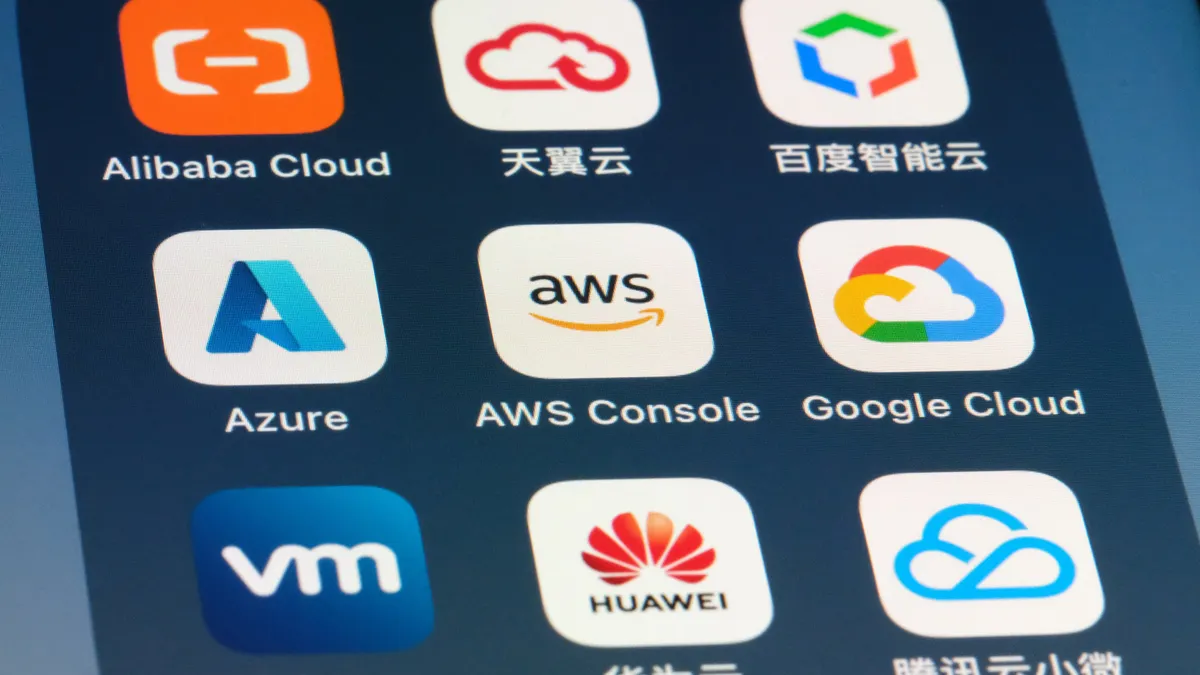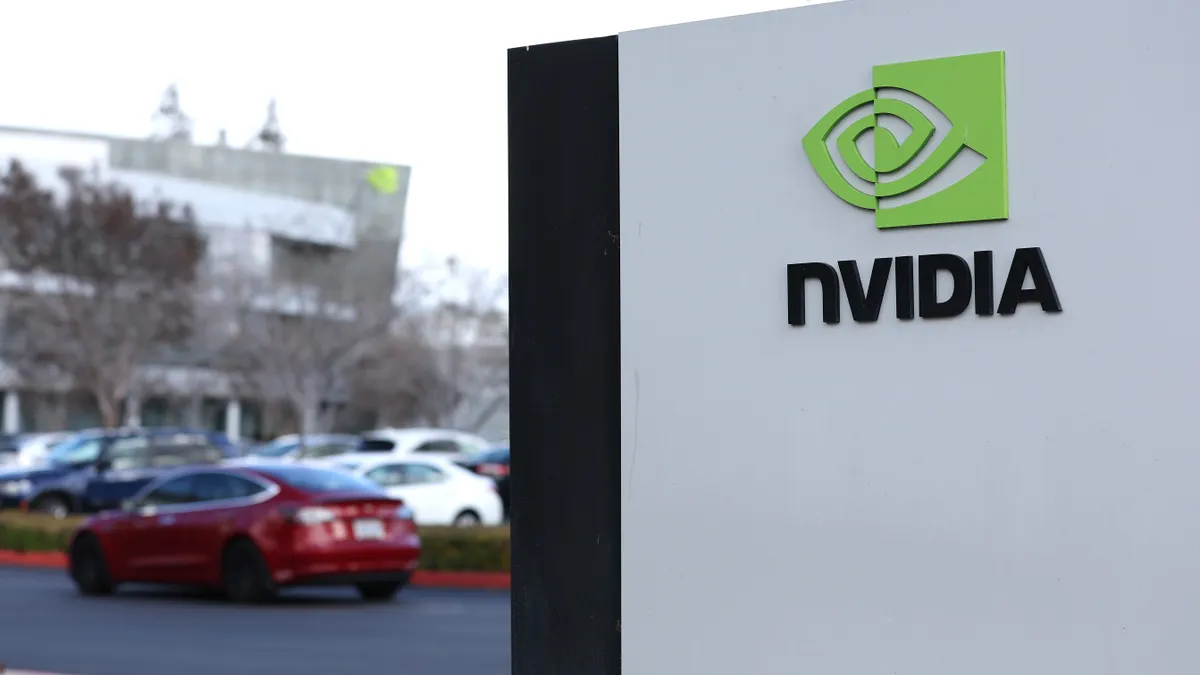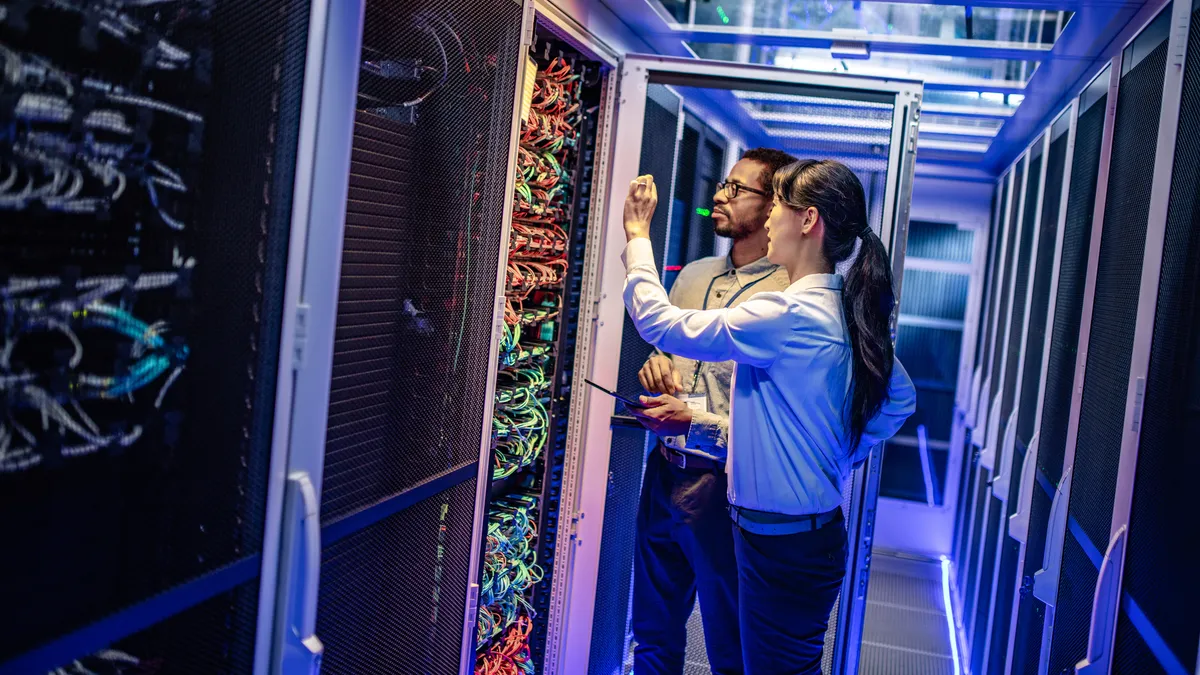Some of the best minds in quantum computing congregated to discuss the developing technology and improving hardware in Washington, D.C. Wednesday.
This year has a lot in store for the technology, and more groups working on it will begin seeing a quantum advantage as the technology is applied to optimization, machine learning, software and cybersecurity, to name just a few, according to Bo Ewald, president of D-Wave International, at the D-Wave Systems Quantum Computing Seminar 2018.
Quantum computing may elicit thoughts of global cyberwars and new crypto paradigms, but the technology also has application to complex problems in everyday life.
A true quantum computer has yet to be invented, and still appears years away, but quantum computing operations can be carried out on today's qubit hardware.
This computing may still be far behind true quantum computing, but case studies are showing it's already outperforming classical computing in many applications. Speakers at the event discussed some of the unique ways they are bringing quantum tech into the enterprise:
1. Volkswagen and traffic optimization
One year ago Volkswagen and D-Wave announced a collaboration to find an everyday problem quantum computing could solve, settling on traffic optimization, according to Ewald.
The car manufacturer had location data from about 10,000 taxis in Beijing and focused the project further on traffic between downtown and the airport. After working together for three months to figure out how to map the data to quantum machinery, the team was able to generate solutions in seconds.
When attempted on a regular Volkswagen server, it took more than half an hour to get a good solution, according to Ewald. The Volkswagen software engineers were even able to use D-Wave quantum machinery through the cloud instead of on-premise hardware.
Volkswagen has continued its quantum investments since the project and announced a partnership with Google in November for more traffic optimization as well as exploring new material structures and enhancing machine learning processes.
2. Election modeling
Max Henderson fit the conversation to the location (just a few blocks away from the White House) with his work on quantum machine learning for modeling the 2016 presidential election.
Henderson, a senior data scientist at QxBranch, an engineering and analytics company specializing in quantum computing applications, took a key problem in 2016 election forecasting — modeling problems that failed to account for correlations between states — and applied quantum computing trained models to simulate election results.
Henderson and his colleagues used historical election results, state result probabilities based off of polling and publicly available data from statistical analysis site FiveThiryEight and mapped the election to a Boltzman machine — a type of neural network.
They then mapped the Boltzman machine to a quantum computer and trained it, making a calculation for every possible model configuration.
Each iteration of the training model produced 25,000 solutions, and the results followed trends of FiveThirtyEight forecasts, which demonstrated greater uncertainty and less certainty of a Clinton win, and pinpointed most of the "tipping-point" states, according to Henderson.
While Henderson and his team faced hardware limitations that required them to leave Maryland and D.C. out of the simulations and some data limitations, the project offers a test case of sampling from correlated systems and overcoming computational limitations by using a quantum system.
3. Recruit Communications
Last May, Japan-based marketing and communications subsidiary Recruit Communications Co. began testing quantum computing for marketing and advertising applications.
The company tested the advanced technology for ad placements on mobile platforms and found that quantum annealing tended to produce better solutions than the greedy algorithms previously used, according to Ewald. Recruit is also using its quantum projects to improve recommendation systems with machine learning methods.
Quantum annealing systems entered the market in 2011, and D-Wave has since expanded the number of qubits on annealers from more than 100 to 2,000.
4. Denso and Toyota
In December, DENSO Corporation and Toyota partnered to apply quantum computing to factory and traffic optimization as well as autonomous driving, according to Ewald.
The companies used vehicle location from about 130,000 commercial vehicles in Thailand, and used cloud-based quantum systems to analyze the information and improve efficiency, including working on traffic decongestion and emergency vehicle route optimization.
Denso presented the companies work at the Consumer Electronics Show, highlighting that traditional systems could only manage individual optimization but quantum technology allowed the companies to immediately carry out calculations on a larger system of data and calculate optimal routes for more vehicles in real time.
While such applications are still nascent, according to Ewald, the groundwork for quantum technology application to real-world problems is being laid.



















